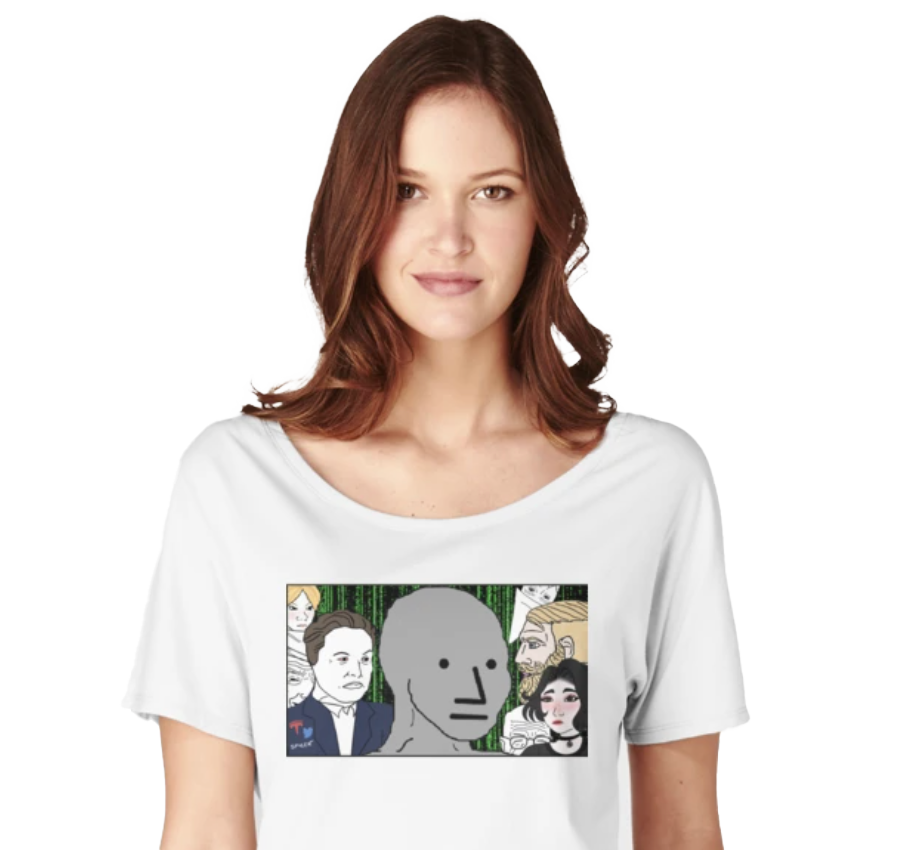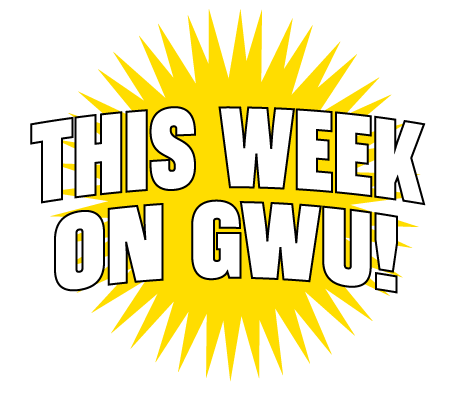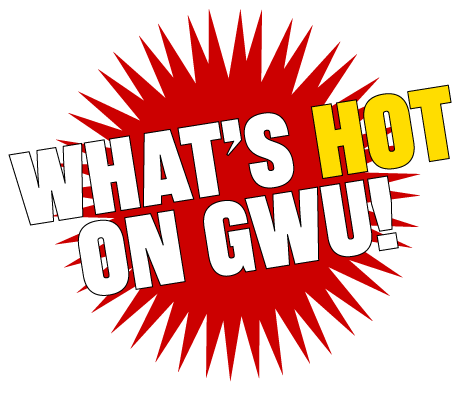Washington’s beloved Little Free Libraries, once a symbol of community sharing, have become the latest battleground in America’s culture wars. John Carter, a local small business owner and Trump faithful, was shocked to discover multiple copies of books promoting Diversity, Equity, and Inclusion (DEI) initiatives in the Little Free Libraries near his Ballard, WA, home.
“At first, I thought, ‘This can’t be what I think it is,’” Carter said over Microsoft Teams to America’s Number One Newstainment Source, GWU! “But then I found the same DEI material in another library a few blocks away. It felt like an intentional push.”
The trendy ‘libraries’ are small outdoor bookshelves at the front of private residences where anyone can freely borrow or lend books.
The books at the center of the controversy are written by so-called progressive authors, who critique traditional American values and advocate for systemic changes to address social inequalities. Often these books will contain misleading messages and phrases like “White Privilege,” “Allyship,” “Systemic Inequality,” “Antiracist,” and even “Dismantling Oppressive System.” For Carter, who values merit-based systems and individual responsibility, the messaging feels like an unfounded attack on his beliefs.
“These libraries are supposed to bring people together, not push a political agenda,” Carter laments with his bookshelf full of Dean Koontz and John Grisham novels behind him. “I removed the books because I don’t think this material belongs in my neighborhood.”
White Fragility… or Common Sense?

Carter’s discovery has ignited a firestorm of debate across the Northwestern state. In Ballard and nearby Queen Anne, at least seven out of ten Little Free Libraries surveyed contained similar books extolling the same propaganda, which Donald Trump recently banned through an Executive Order. Homeowners who maintain the libraries were blindsided, claiming they had no idea who placed the books there, but that they were pretty sure the culprit was confused about their gender.
“It’s unsettling,” said one homeowner, who wished to remain anonymous. “These libraries are supposed to be apolitical. Now they’re being used as a tool to push an agenda.”
A Seattle City Councilmember weighed in, urging caution. “Little Free Libraries are meant to foster community, not division,” she said. “While we support free expression, it’s important to ensure these spaces remain welcoming to everyone.”
The Sum of Us… or Just Some of Us?
A sociologist at the University of Washington believes the placement of these books is part of a larger strategy to normalize progressive ideologies in traditionally moderate or conservative areas.
“This is a calculated effort to introduce these ideas into communities where they might not otherwise gain traction,” he said. “The books often emphasize themes like systemic inequality and privilege, which can be polarizing for those who value traditional American values.”
Thompson warned that the tactic mirrors broader national trends, where progressive messaging is increasingly embedded in public spaces, from schools to workplaces and even public library events like Drag Queen Storytime.
So You Want to Talk About Indoctrination?

The discovery has sparked outrage among conservative residents, who feel their neighborhoods are being targeted. Sarah Mitchell, a local parent and MAGA supporter, called the move “indoctrination by stealth.”
“It’s not just about the books—it’s about the broader agenda they represent,” Mitchell said. “We’re seeing this kind of material everywhere. It feels like an overreach, and people are tired of it.”
Mitchell and others are urging residents to take action. “If you see something that doesn’t align with the values of our community, remove it,” she said. “We need to take responsibility for our neighborhoods and ensure they remain places where everyone feels comfortable.”
As the debate rages on, the incident has exposed the deep cultural divide in Washington state and raised questions about the role of public spaces in shaping community values.
“This isn’t just about books,” Carter said. “It’s about who gets to define our community’s values. And I, for one, won’t sit back and let someone else decide that for us.”








